#TheBatteryShow

With constantly increasing market demands for higher energy density cells globally, it is critical that advances in chemistry and engineering for next generation batteries have a significant focus on safety. Accurate testing, modelling and battery management systems are critical for predicting and controlling the complex electrochemical, thermal, and mechanical behavior of LIBs. With streams focusing on both materials and engineering for safety, the 14th Annual Battery Safety Summit will bring together the key players from around the world to present the latest R&D advancements for integrating and implementing LIB safety to meet ever-increasing energy demands.
CONFERENCE PROGRAMS

November 4: Chemistry & Materials for Next Generation Batteries
November 5: Increasing Efficiency & Thermal stability

November 4: Chemistry & Materials for Next Generation Batteries
November 5: Forensics & Post-Incident Diagnostics & Testing
Next-Generation Batteries | Safe & Efficient Charging |
Sodium-Ion Batteries | Cell Monitoring |
Solid-State Batteries | Thermal Stability |
OEM Perspectives on Battery Safety | Safety Analysis |
Thermal Runaway Mitigation | Forensic Analysis |
Battery Management System Safety | Abuse Tolerance, Advanced Testing & Simulation |
Charging Innovation | Battery Safety Beyond Lithium |
More Information About Event: https://www.cambridgeenertech.com/24/battery-safety
NEWARE
47690 Westinghouse Dr, Fremont, CA 94539



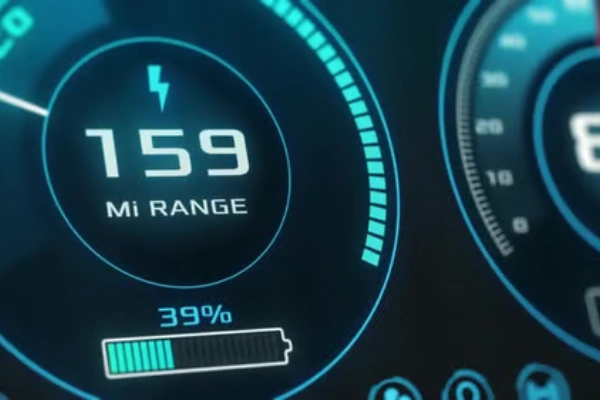
Technology
January 30, 2026
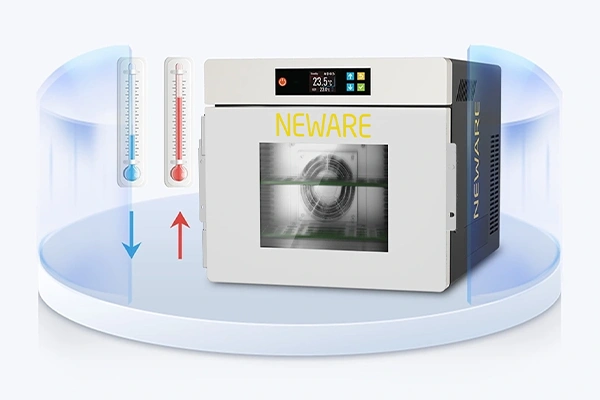

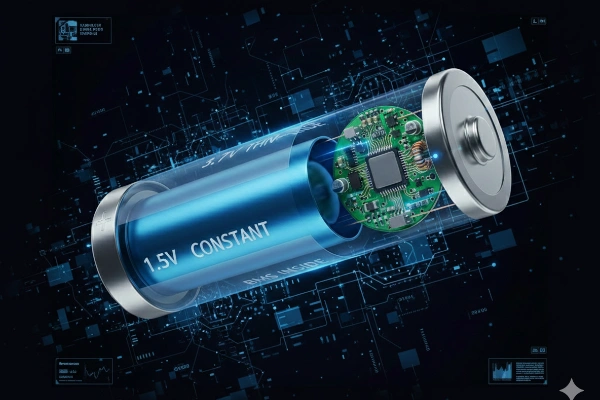
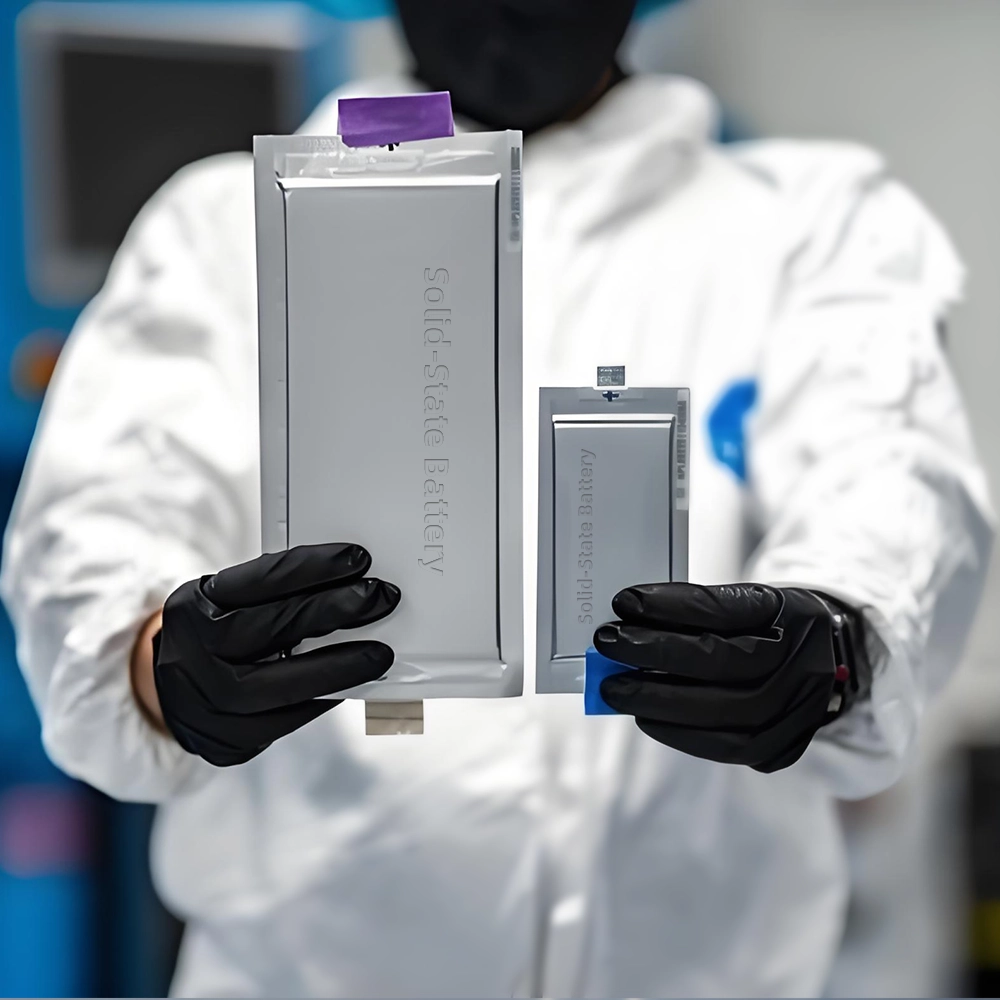
The lab focuses on solid-state battery research to overcome traditional lithium batteries' safety and energy density issues, supporting environmental sustainability. It develops innovative solid-state electrolytes, refines electrode materials, and investigates ion transfer and interface stability to revolutionize battery technology.

The electric vehicle battery industry is rapidly developing, focusing on technological innovation, market competition, and sustainability. Research hotspots include solid-state batteries, new types of electrolytes, BMS optimization, and recycling technologies. The environmental adaptability, safety, and economic viability of batteries are key research areas, and the industry is expected to undergo more innovation and transformation.

We specialize in battery preparation technology research, focusing on overcoming existing energy storage challenges by innovating in electrode materials, battery chemistry, and manufacturing processes to improve performance, enhance safety, and reduce costs. Sustainability and recycling technologies for batteries are also emphasized to mitigate environmental impacts and foster the growth of green energy.
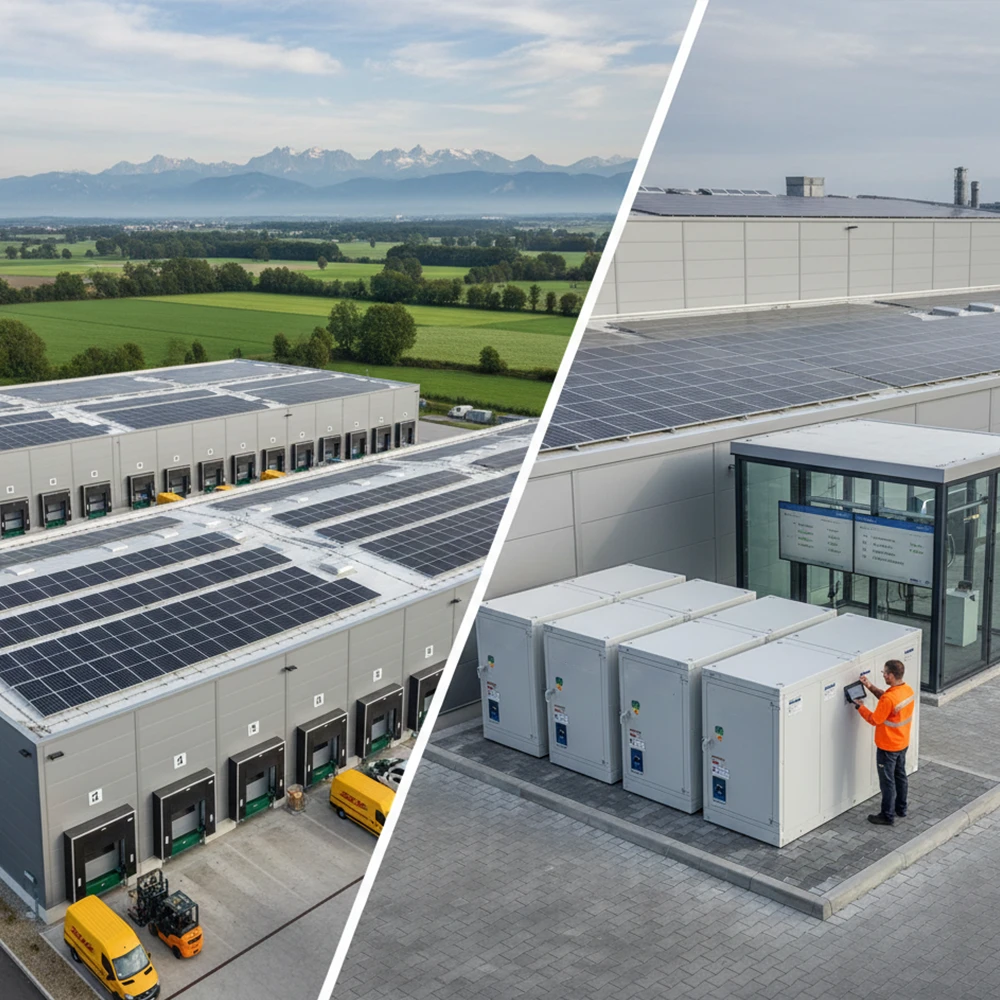
To power the energy transition, the storage industry is evolving towards large-scale, high-quality development, focusing on safety, efficiency, and lifecycle value over mere price competition.